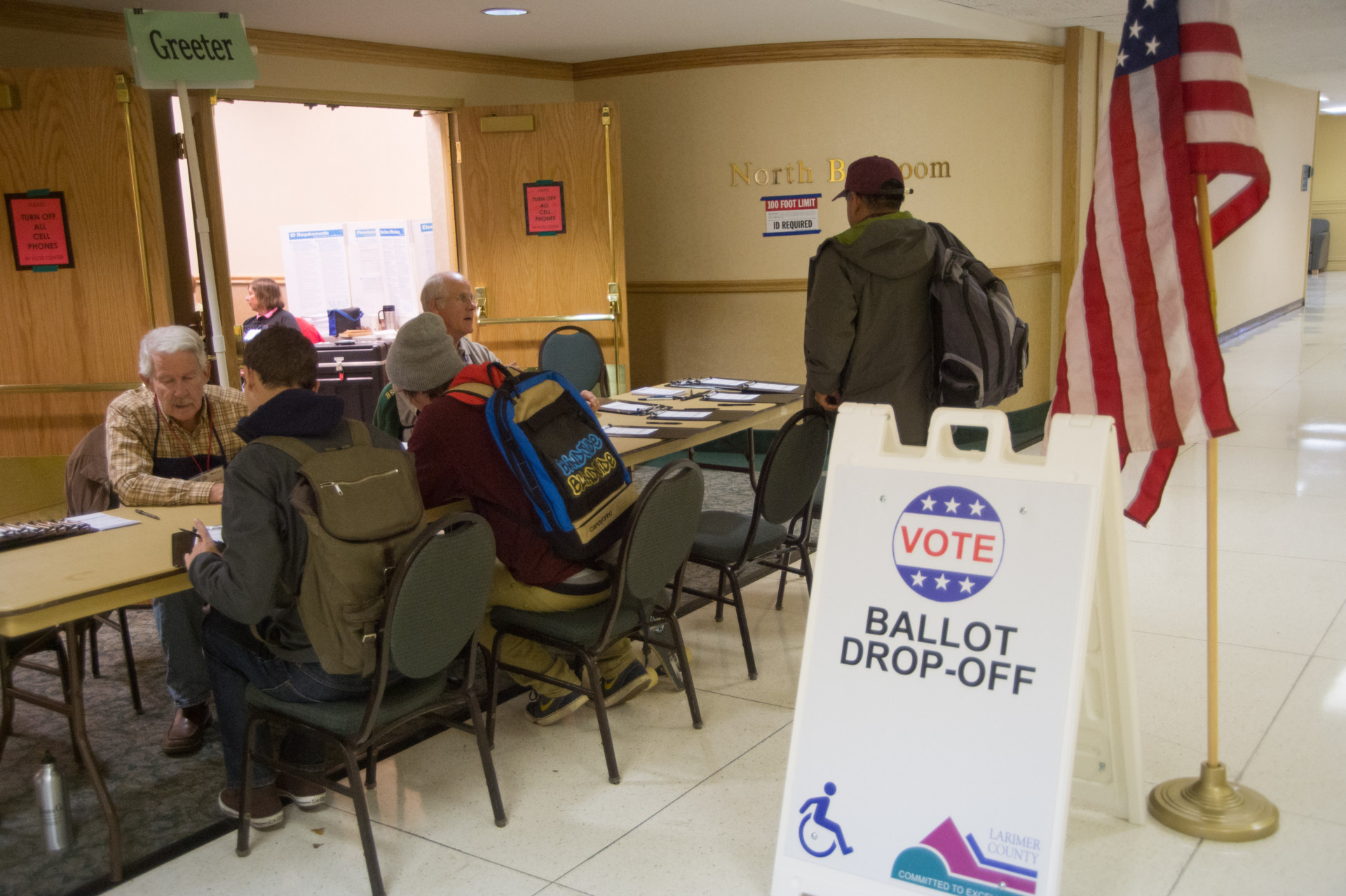
The percentage of students on Colorado State University’s Fort Collins campus voting in the 2018 election increased to 50.8%, up from 37.2% in 2014. The full campus report can be viewed on the Institutional Planning, Research and Effectiveness website.
In 2018, the Associated Students of Colorado State University partnered with New Era Colorado for a campus voter registration drive and hosted four Get Out the Vote events in the two weeks leading up to the November election.
The figures were released Sept. 23 as part of the National Study of Learning, Voting, and Engagement, or NSLVE, conducted by the Institute for Democracy & Higher Education at Tufts University’s Tisch College of Civic Life. The study shows that nationwide, the voting rates at participating college campuses doubled on average compared to the previous 2014 midterm.
In 2018, the Average Institutional Voting Rate among campuses in the study was 39.1%, nearly 20 percentage points higher than 2014’s average turnout rate of 19.7%. Turnout increases were widespread, with virtually all campuses seeing an increase over 2014.
“At a time when our nation is grappling with so many difficult issues, I’m gratified to know an increasing number of Colorado State University students are engaged in the political process and working for change by making their voices heard at the ballot box,” said CSU President Joyce McConnell. “The percentage of CSU students who voted in 2018 not only exceeds the national average for campuses measured by NSLVE, it exceeds the voting rates for more than 20 states in last year’s elections. That tells me CSU attracts not only excellent students but engaged participants in our democracy.”
About NSLVE
The NSLVE is the only national study of college-student voting. It is based on the voting records of more than 10 million students at more than 1,000 colleges and universities in all 50 states and the District of Columbia; IDHE does not receive any information that could individually identify students or how they voted.
The study provides reports to participating colleges and universities, like Colorado State University, which use them to support political learning and civic engagement, as well as to identify and address gaps in political and civic participation.